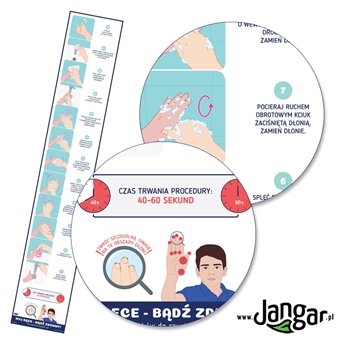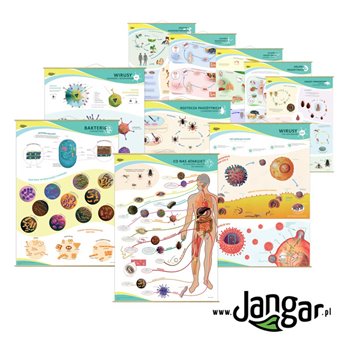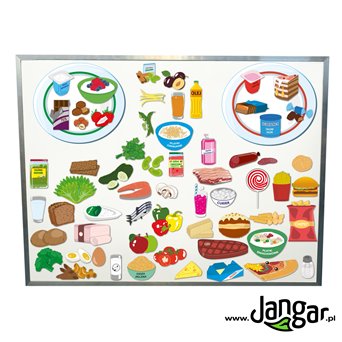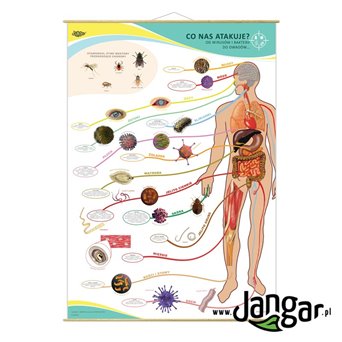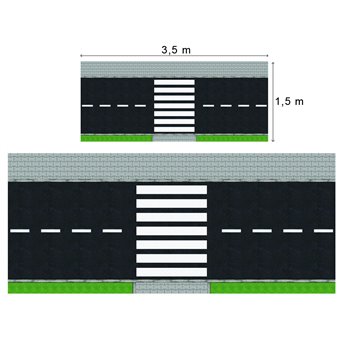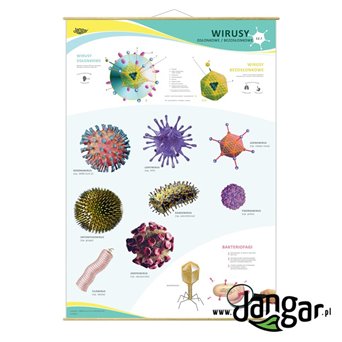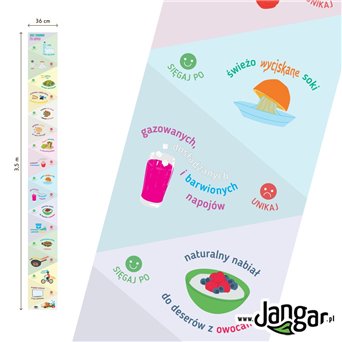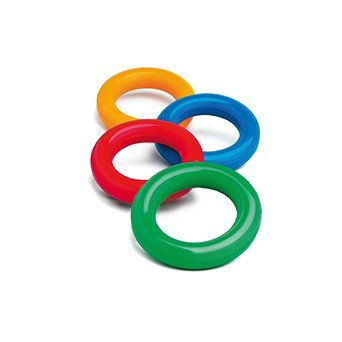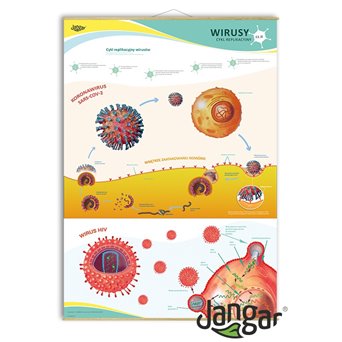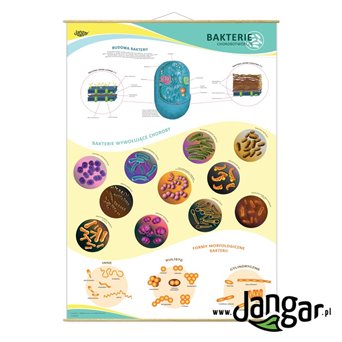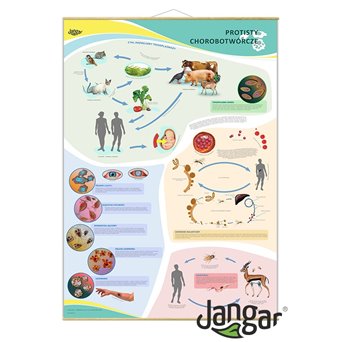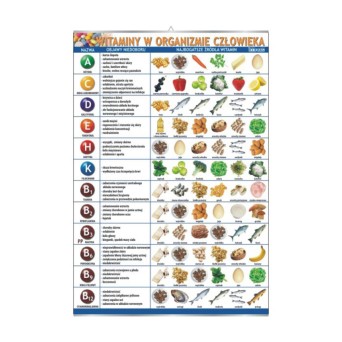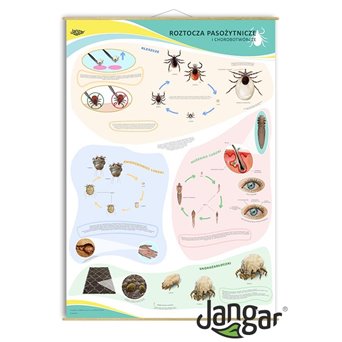
In Health Education classes, there are various educational aids that can be helpful in teaching students about healthy lifestyle habits and practices. One useful tool is anatomical models that demonstrate the human body and its systems, helping students understand how the body functions and the importance of maintaining good health through hygiene and nutrition.
Another helpful resource is educational posters and charts that provide visual aids for important health concepts, such as healthy eating habits, proper hygiene techniques, and disease prevention. Interactive media can also be effective tools in illustrating health-related topics and engaging students in the learning process.
Additionally, guest speakers such as health professionals or community members can bring real-world perspectives to Health Education classes, sharing their knowledge and experiences on various health-related topics.
Overall, incorporating a variety of educational aids and resources into Health Education classes can help students better understand the importance of maintaining good health and adopting healthy habits for a lifetime.
Important topics:
Health education, interesting anatomical models supporting the science of hygiene and healthy nutrition, as well as showing the influence of human behavior on the proper functioning of the body.
Health Education is a crucial aspect of the school curriculum that focuses on promoting health and well-being among students. It encompasses a wide range of topics related to physical, mental, and social health, including nutrition, hygiene, exercise, sexual health, and mental health.
The goal of Health Education is to provide students with the knowledge, skills, and attitudes needed to make informed decisions and develop healthy habits that will benefit them throughout their lives. It helps students to understand the importance of taking care of their bodies and minds and teaches them how to maintain good health and prevent illness.
Health Education programs may include classroom instruction, hands-on activities, and practical experiences that allow students to apply what they have learned in real-life situations. For example, students may learn about the benefits of healthy eating and then have the opportunity to prepare and taste nutritious foods. They may also learn about the importance of exercise and then participate in physical activities such as team sports or yoga.
Health Education also provides students with the skills to communicate effectively about health issues and to access resources that can help them make informed decisions. This includes teaching them how to find reliable health information, how to talk to healthcare professionals, and how to advocate for their own health needs.
Overall, Health Education plays a vital role in helping students to develop healthy habits and make informed decisions about their health and well-being. It equips them with the knowledge and skills needed to lead healthy and fulfilling lives both now and in the future.










































































































































































































































































































































